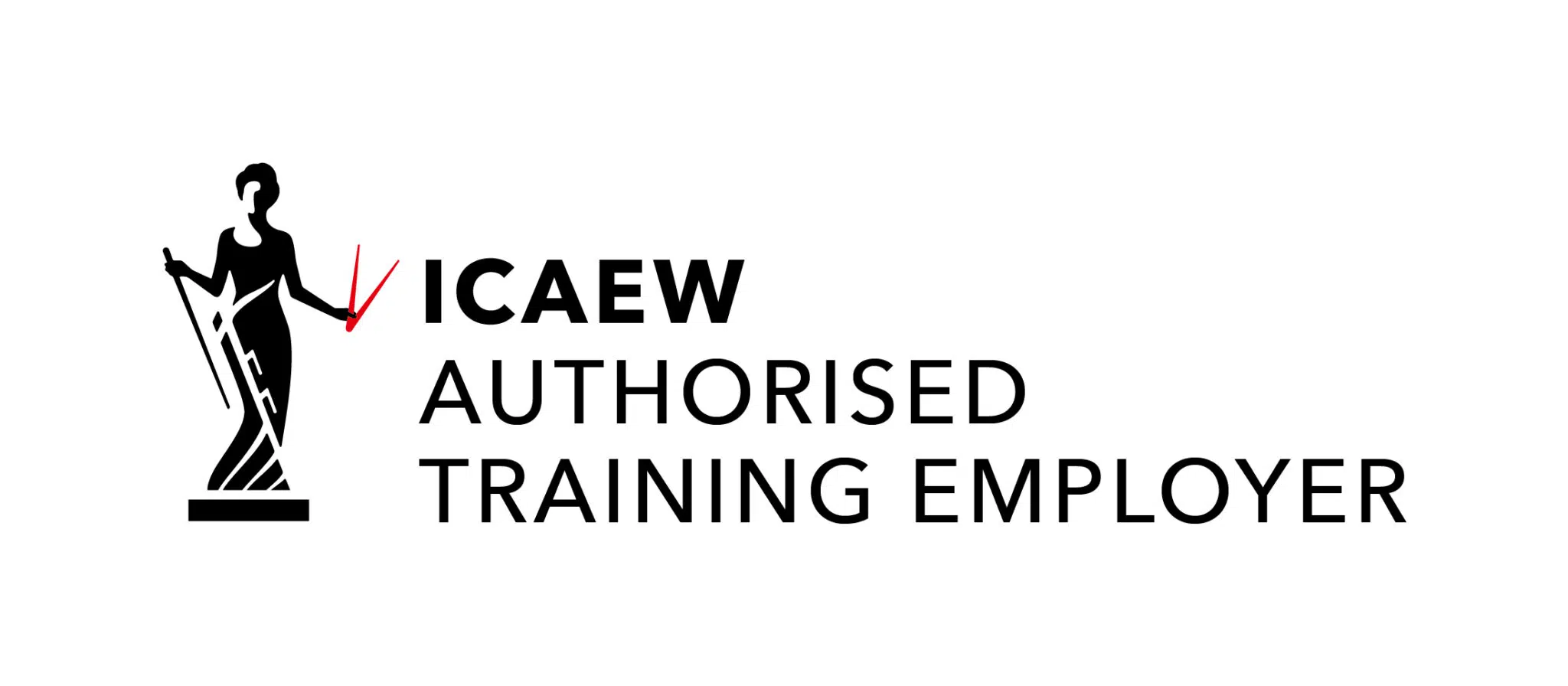Taxpayer successfully argues against “deliberate behaviour” penalty
Published: 23rd January 2024
There’s a largely harmonised penalty regime for inaccuracies across different taxes, including income tax. Broadly:
- a penalty arises because of a lack of reasonable care, the penalty will be between 0% and 30% of the extra tax due
- the error is deliberate, the penalty will be between 20% and 70% of the extra tax due
- the error is deliberate and concealed, the penalty will be between 30% and 100% of the extra tax due.
However, this isn’t the end of the matter – the behaviour also determines how far back HMRC can issue an assessment for. The ordinary time limit is four years, but if the behaviour is careless this increases to six years. If the inaccuracy arises due to deliberate behaviour (which can include negligence), the time limit is 20 years. HMRC seems to argue that most errors are at least careless, but in some cases it tries to go one step further, as Mr Collier (C) found out.
C had genuine conditions that affected his ability to read, and so he relied heavily on an accountant to submit his personal and partnership returns. There were some omissions following the accountant suffering a family tragedy, which HMRC picked up after a long investigation, and raised assessments and penalties on the basis of “deliberate” behaviour. C didn’t dispute the assessments for the tax, but argued that the behaviour was careless, not deliberate so the assessments (which were issued more than six years after the end of the relevant year) were out of time. The Tribunal’s view was that C had not acted in a reckless way, and there were genuine reasons for the omissions. HMRC had not met the burden of proof required, and C’s appeal was allowed.











